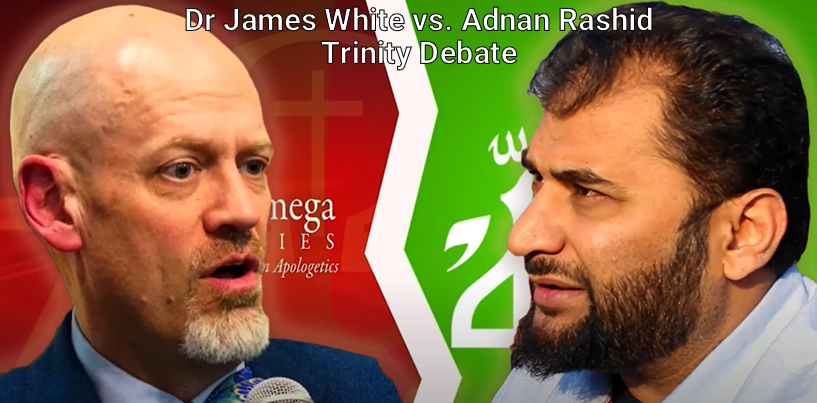Immediately after Jesus’ water baptism the Bible says He was, “…Led up by the Spirit into the wilderness to be tempted by the devil,” Matthew 4:1. Reading on it says that He, "…Fasted forty days and forty nights…” Matthew 4:2. Forty days in a desert without food or water! I’ve never been to Israel, but men have told me that the wilderness into which He was driven is an extremely harsh and desolate place. What would make a person able to fast for 40 days? What sort of denial of oneself is it to willingly undergo starvation for the purposes of God? After just two or three days of fasting I feel near death.
Jesus is not the only one who fasted for so long in the Bible. Both Moses and Elijah also fasted for forty days, cf. Exodus 34:28-29 and 1 Kings 19:7-9. These are the only three. It’s interesting how the offices of lawgiver (Moses) and of prophet (Elijah) were both accompanied by this isolated fasting experience along with the Christ’s.
In my fasting times I’ve often ended them by placing a large, tall, cold glass of water before me and reflecting on how much of it I’ve consumed over the course of my life. I bow my head and am made acutely aware of the metric tons of food that God has produced for me in my life. The grains, the meats, the fruit, etc. He could have made us to chew grass like bovine and we’d live just the same, but He gave us Butterfinger bars instead! During my fasts I’m powerfully reminded of just how dependent on Him I truly am. As I stare at that tall sweating glass of blessing I ask myself if my desires for God and His righteousness have ever matched my desire for water at that moment. Jesus said, “Blessed are those who hunger and thirst for righteousness…” Matthew 5:6. Fasting reminds me of this unlike anything else.
Jesus’ life and ministry, though He Himself likely fasted often (John 4:31-34, etc.) was marked by feasting and celebration, Luke 7:34. Many say this was for the sake of His disciples. He said, however, that the time would soon come when those same disciples would fast, Mark 2:20. Matthew Henry in his commentary on Mark 2 wrote: “Those that enter into the married state, must expect care and trouble in the flesh, and yet, during the nuptial solemnity, they are merry, and think it becomes them to be so…Christ and his disciples were but newly married, the bridegroom was yet with them, the nuptials were yet in the celebrating…When the bridegroom should be removed from them to the far country, about his business, then would be a proper time to sit as a widow, in solitude and fasting.” Why do Christians fast? We are estranged from the one we love, Romans 7:4. We have never even seen Him with our eyes, but we long to more than anything else. Why do Christians fast?
-It’s an expression of the denial of oneself. Matthew 16:24.
-It’s a centering of oneself on the reality of complete dependence on God for every part of life. Luke 11:3.
-It’s a means of humbling oneself before God and men. Matthew 23:12.
-It’s a sign of devotion to the God you love as a work that adorns all you do. It does not prove you to God; it proves you to you before God. Acts 13:2-3.
-It does not move God; it moves us toward Him. Daniel 9:3.
-It’s an expression of sadness over sin. Joel 2:12-13.
-It's a means to propriety, or a way to bring your body into submission. 1 Corinthians 9:27.
-It’s a unique reminder of the fact that life eternal is about much more than food. Matthew 6:25.
The only Biblical model for it that I see is one of complete abstinence from all sustenance for a specified time. If you fast, pray. Walk in the woods. Read the Scriptures. Consider your sin and sing about the cross. Fast and weep, but do so in eager expectation of the fact that one day our fasting will be over. One day we will be with Him!








Leave a Reply